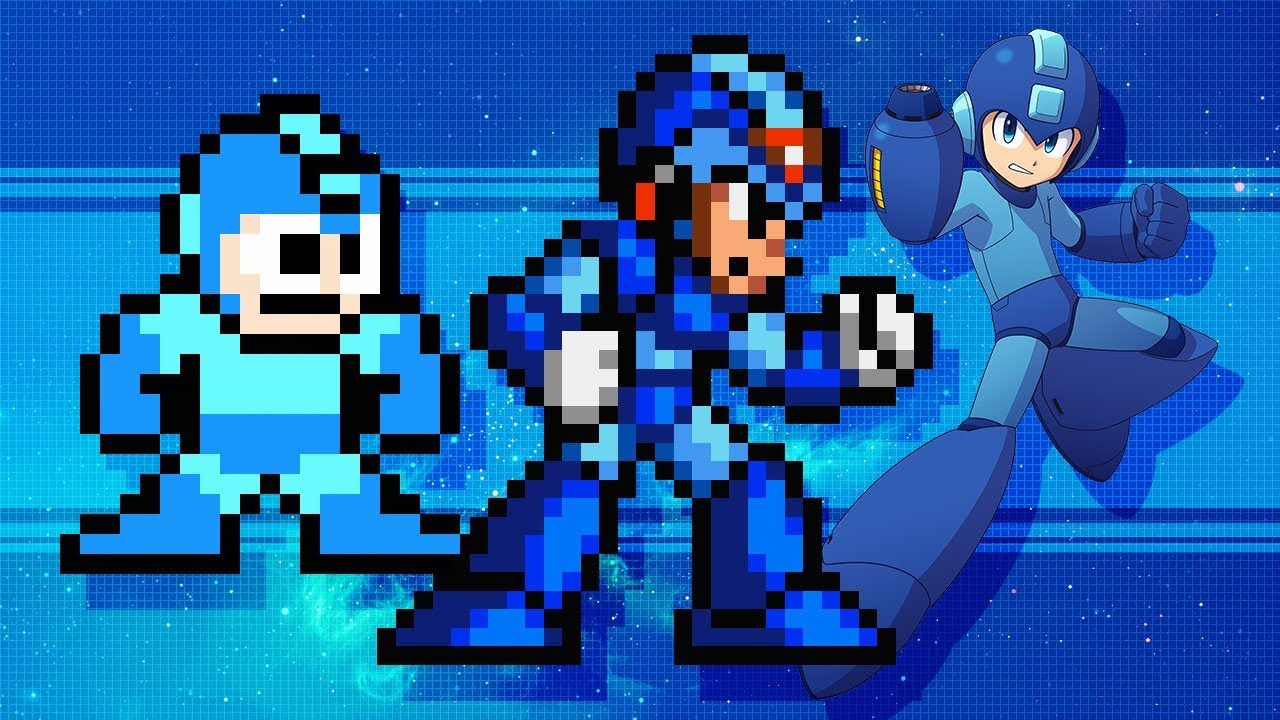The original Mega Man game made its debut on the Nintendo Entertainment System (NES) back in 1987. Developed by Capcom, this iconic side-scrolling action platformer introduced gamers to the adventures of the heroic robot character Mega Man. Over 30 years later, this classic NES title still enjoys a strong cult following among retro gamers.
Humble Beginnings
Originally released in Japan under the name “Rockman” in 1987 before arriving overseas, Mega Man was a pioneering example of the action platforming genre. With its tight controls, non-linear level selections, and gritty 8-bit art style, it laid the framework for countless games that followed. Sales were initially mediocre, but Capcom saw potential and went on to expand the series into one of gaming’s most beloved and long-running franchises.
Lasting Legacy
Few games for the aging NES hardware have had the lasting cultural impact of that first Mega Man release. Its combination of responsive gameplay, catchy chiptunes soundtrack, vibrant pixel art, and inventive robot master boss fights made it an instant classic. Over 30 years later, Capcom and fans continue to pay homage to this origin story through re-releases, cameos, and spiritual successors.
Why an Unlikely Hit Endured
What made this low-key NES release strike such a chord with gamers in 1987 and beyond? Some reasons include:
– Unique blend of platforming, shooting, and boss rush mechanics that felt fresh. The choice of robot master levels added replayability.
– Tight controls that overcame hardware limitations, avoiding frustrations of cheap deaths. Carefully tuned challenge level kept players hooked.
– Mix of lighthearted story and audio with challenging gameplay resonated strongly. The training room theme is now iconic.
– Robot master designs were creative, with fun weapons to earn from beating them. These elements established an endearing world fans wanted more of.
– Despite humble beginnings, the first Mega Man built foundations for a beloved series. ItsSr gameplay innovations pioneered an entire genre going forward.
Conclusion
Released quietly for the NES in 1987, that original Mega Man game defied modest sales expectations to become one of Capcom’s most iconic and enduring franchises. With its tight controls, non-linear level select, vibrant pixel art, and catchy music, Mega Man raised the bar for action platformers. It remains a nostalgic 8-bit classic over 30 years later whose pioneering gameplay echoes through numerous modern titles. For many gamers, Mega Man still lives up to his Blue Bomber moniker.

